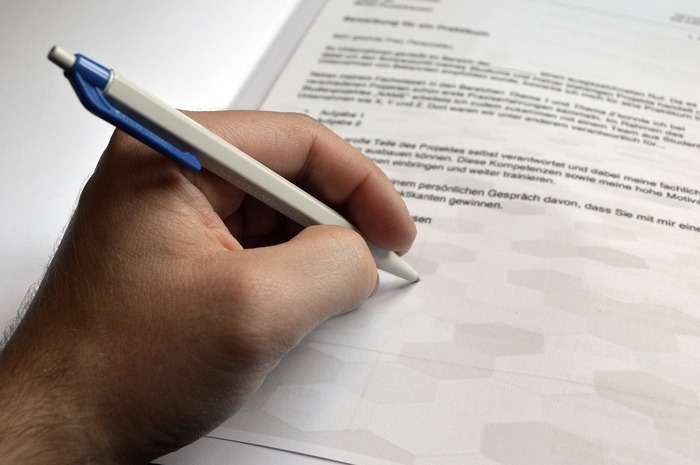Despite the measures taken by the government, the concerns of “ front line ” workers are mounting. For several days, many employees concerned about their working conditions and exposed to a potentially contaminating public have been exercising their right of withdrawal.
Read also: Coronavirus: the answers to the 20 questions asked by employees and entrepreneurs
A system which allows temporary cessation of activity without deduction of salary. This is the case in particular of the Alliance union which invited the police to exercise this right in order to obtain masks and means of protection. But also banking syndicates who believe that agency workers are potentially facing a serious and imminent risk to their health.
Faced with this influx of requests, Emmanuel Macron urged employees and businesses on Thursday to continue their activity " in compliance with health safety rules ". Because on Wednesday, the Minister of Economy explained that the workforce was starting to be lacking in mass distribution and transport, because employees fear for their health.
According to article L4131-1 of the labor code, the right of withdrawal applies only if the work situation of the employee can present a danger " serious and imminent for his life or his health ". Given the situation and the dangerousness of the coronavirus, the question of the qualification of the risk is legitimate. But according to the government, this justification is not valid if the employer has put in place the provisions of the labor code, as well as the recommendations of the executive. “ The right of withdrawal applies on a case-by-case basis, employee by employee, company by company. We obviously require companies to respect and enforce barrier actions. If so, they are meeting their health obligations, "said the Ministry of Labor.
Possible sanctions
“ To be able to exercise the right of withdrawal, it is necessary to have a real proximity to the risk. It is not enough to say that the coronavirus is everywhere and that there are several thousand sick people on the territory not to go to work. It is not enough in the eyes of the law, ”explains David Jonin, associate lawyer at Gide Loyrette. However, the employee can contest the “ defect that he finds in the protection systems ”, underlines the labor code. In other words, an employee can exercise his right of withdrawal if he judges that the measures put in place are not important enough and do not provide sufficient protection.
To be able to exercise the right of withdrawal, it is necessary to have a real proximity to the risk.If the motivation of the employee is well founded, he can therefore cease his activity - while being remunerated - while the employer puts in place protective measures. But beware, " if the conditions for the right of withdrawal are not met, the exercise of this right can potentially result in a penalty, up to and including termination of employment. The government recalled him in these precise terms , ”specifies Anna Milleret-Godet, lawyer specializing in social law at Cohen & Gresser.
" In the event of a dispute, the legitimacy of the right of withdrawal does not belong to the labor inspector, the employee or the employer, but rather to the judge, " adds David Jonin. "One may wonder if the judges who will have to rule on disputes relating to the rights of withdrawals exercised in the current circumstances will not have an extensive interpretation of the serious and imminent danger to the benefit of the health of the employees" , wonders moreover, rightly Anna Milleret-Godet.









